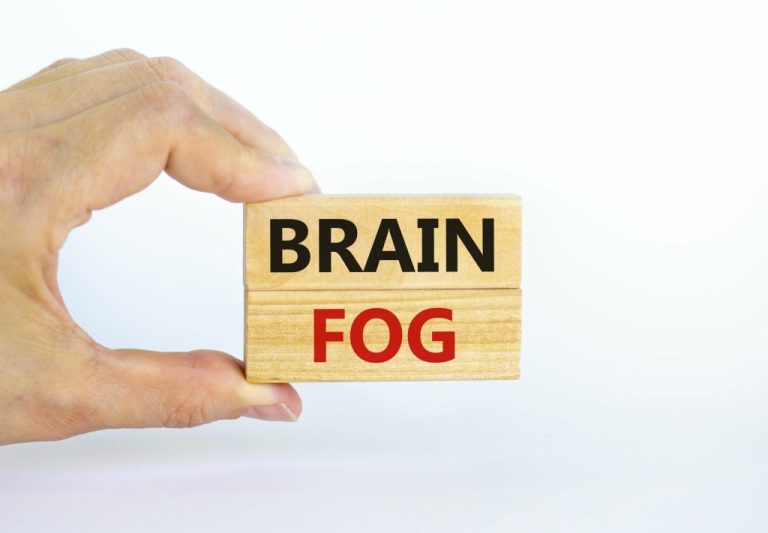How to Get Sober from Alcohol Leave a comment
For more information, see my article on The Benefits of Counseling. When frequently using alcohol or other substances, life can become chaotic, making it challenging to stick to a schedule. Your mind may tell you it’s hopeless and that no one will ever trust you again. It may feel hopeless right now, but trust can be rebuilt over time. When you remove alcohol from your life for a designated period of time, you can better understand the role it plays in your life and how significant it is for you. Sobriety turns mornings from something you dread into parts of the day you can actually look forward to.

If you want to practice a sober lifestyle
Interestingly, as of 2019, 73 percent of addiction treatment programs in the United States used a spiritual component,6 the majority referencing God or a Higher Power. Or it could be that you’ve developed a physical health problem that you know is probably due to drinking and you want to make positive changes before things get worse. If you’re not experiencing negative health effects right now, it might be a good idea to learn about what could happen if you do keep drinking. With the advent of the “sober curious” movement, more companies, restaurants, and bars have been offering various non-alcoholic drinks and mocktails that are tasty and appealing alternatives to alcohol.
You’re thriving, rather than just coping
It’s nice not to have that weekly reminder of how much you were drinking or to worry about the noise they make. Digestive improvements can begin within the first few weeks as your body adjusts to the absence of alcohol, with more significant changes possibly taking a month or more. It’s pretty nice to actually enjoy your coffee and not use it as a lifeline.

Scared of Being Sober: Why Is Sobriety So Hard?
Sober living homes are residential facilities for patients recovering from substance use disorders. Some sober living homes are part of wider rehab facilities and government centers. Medical detoxification helps to manage the physical symptoms of alcohol and drug withdrawal safely.
- Not everyone comes from an encouraging and supportive home environment.
- This may mean that you don’t spend time with someone you used to use drugs with or go somewhere you used to drink.
- People in recovery can experience a lot of shame simply for having become addicted in the first place.
- Drinking alcohol can create problems in every area of life, including your physical health, mental health, social life, work-life, and overall wellbeing.
How Can Relapse be Prevented Once Sobriety Has been Achieved?
It can offer a richer and more fulfilling way to connect with others. Another one of the most celebrated benefits of sobriety is the dramatic improvement in sleep quality. Alcohol, while misleadingly used by some to hasten sleep onset, actually disrupts the sleep cycle.
Thinking back to before I was sober, I usually had to drink to be around people. When I stopped drinking, not only did my recovery dictate that I needed lots of time to myself, lots of self-care, and lots of nights in, I discovered that I was, in fact, someone who relishes in alone time. I recharge when I’m by myself, and I deplete when I’m with others—especially big groups. It’s part of the sobriety package, and it’s not necessarily a bad thing. Sobriety can be an incredible way to shed relationships you’ve outgrown as well as find new ones that align with your new values.
- If you’re hoping to try a sober curious lifestyle, it’s a good idea to start by replacing alcohol-centric activities with a new hobby or exercise, or spending more time with friends and family who you know will support your decision.
- While most sober living homes are for short-term stays of less than a year, some provide longer-term options.
- One common mistake for those who are new to alcohol and drug recovery is substituting a new compulsive behavior for their old one.
- If your family and or friends aren’t motivating you to seek help for your substance misuse, make an appointment with a medical or addiction treatment professional.
- As if, like that other killjoy Groucho Marx, I do not want to join any club substandard enough to have me as a member.

If you experience physical pain when stopping opioids or constant shakes when stopping alcohol, your life may start to revolve around obtaining the substance to feel normal. Being sober is worth it because you can live a life of meaning and purpose, you feel healthier and more vital, you’re thriving rather than just coping with life, and you’re no longer living in a constant state of guilt and shame. That said, while “recovery” and “sobriety” are different terms, they’re also used interchangeably in some instances. Plus, being in recovery typically involves maintaining sobriety, so the two are somewhat intertwined. By focusing on these three pillars, individuals can establish a state of sobriety where they are not only drug-free but also engaged in personal growth and healthy coping mechanisms. Recovery from drug addiction is not just a one-time event but a continuous process.
What is The Definition of Emotional Sobriety?
Now that you are sober, you may have discovered that some of your past relationships were not only unhealthy but downright toxic. It’s not just your drinking buddies and drug dealers who can get you into trouble—sometimes those who are closest to you can contribute Top 5 Advantages of Staying in a Sober Living House to a relapse. Other definitions, however, often focus on the process of recovery and developing coping mechanisms and habits that support health and wellness over the long term. Total abstinence may be the goal, but the reality is that setbacks are common.
It may help to pick a quit date, or a day when you choose to discontinue use of alcohol or drugs. It’s also helpful to change your environment—for instance, avoid going to bars. There are also resources such as 12-step https://thesandiegodigest.com/top-5-advantages-of-staying-in-a-sober-living-house/ groups and recovery groups. It is estimated that up to 80% of those who find long-term sobriety had at least one relapse along the way. Some people experience many setbacks before they find lasting recovery.


